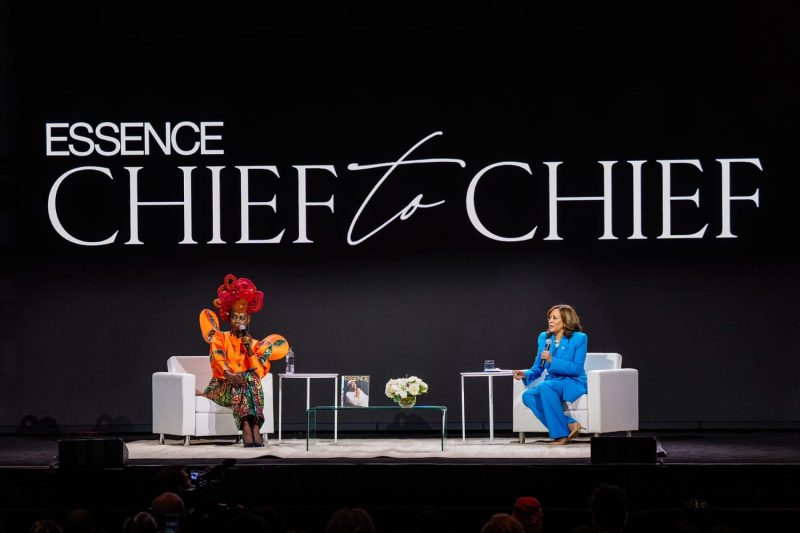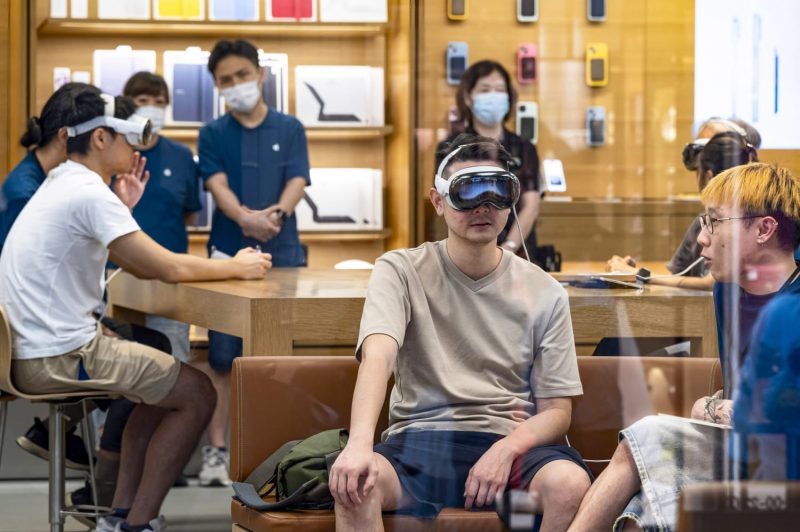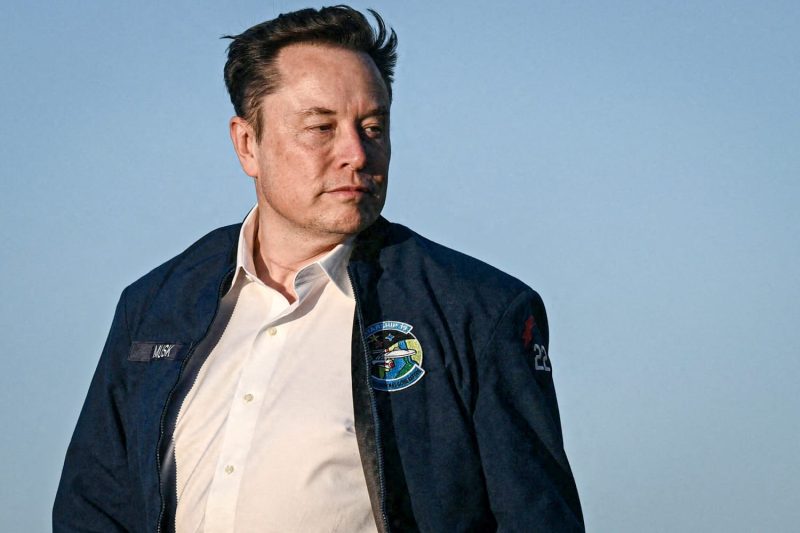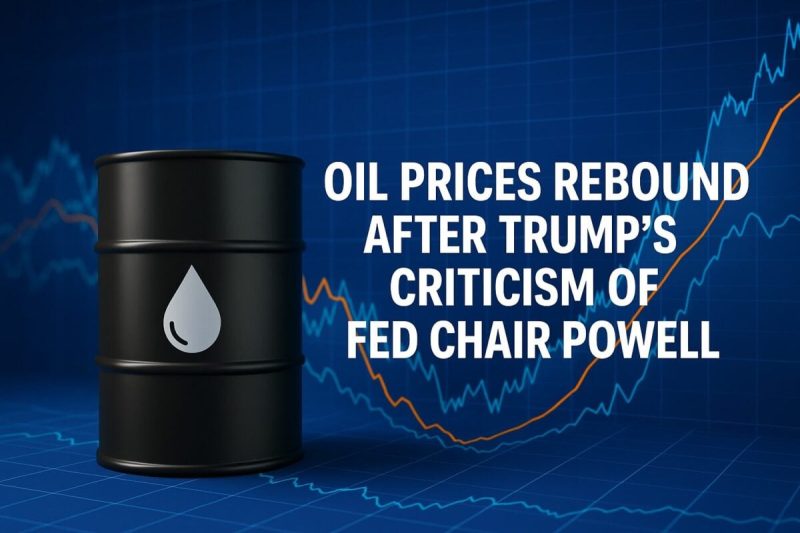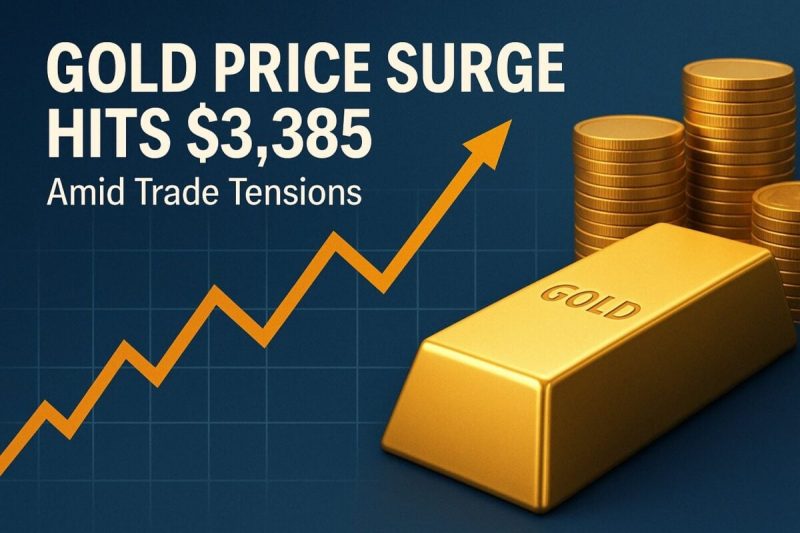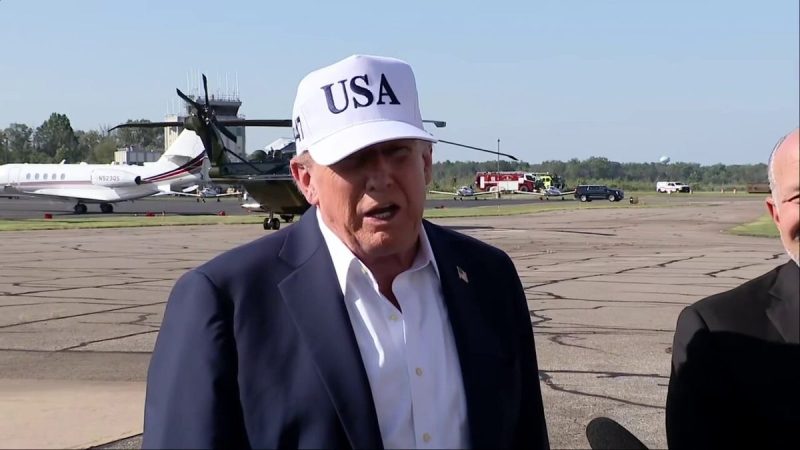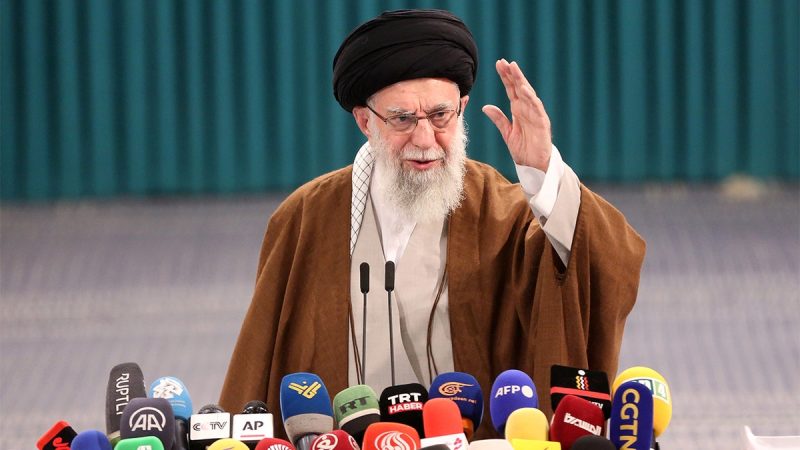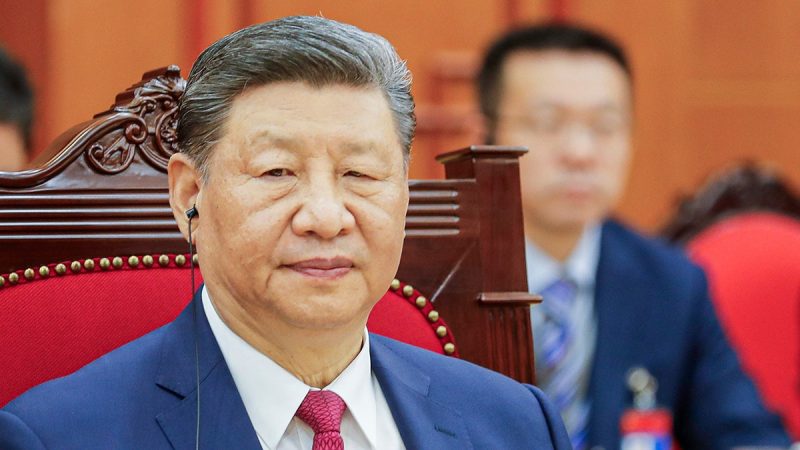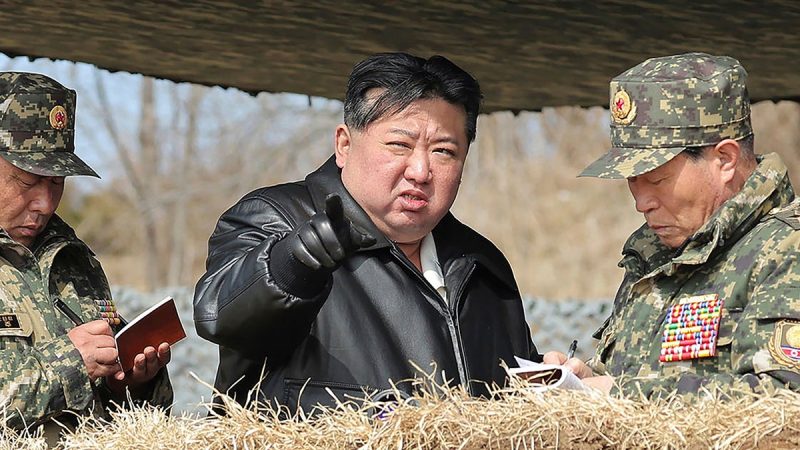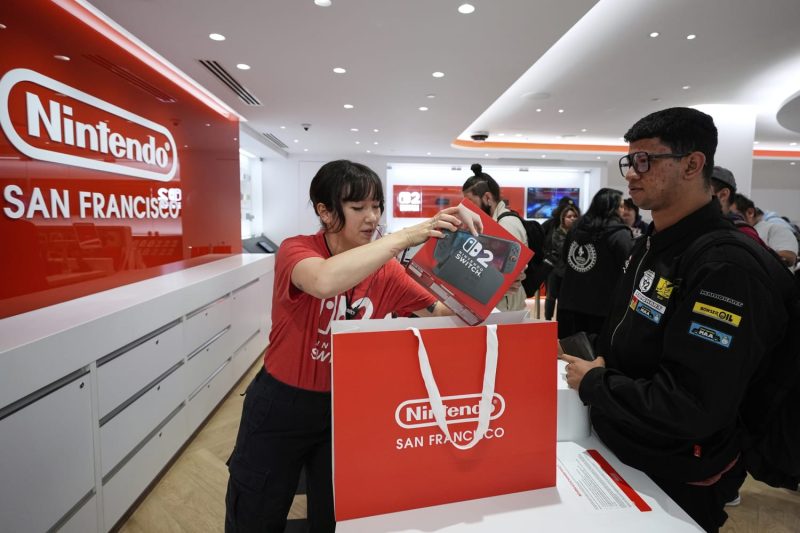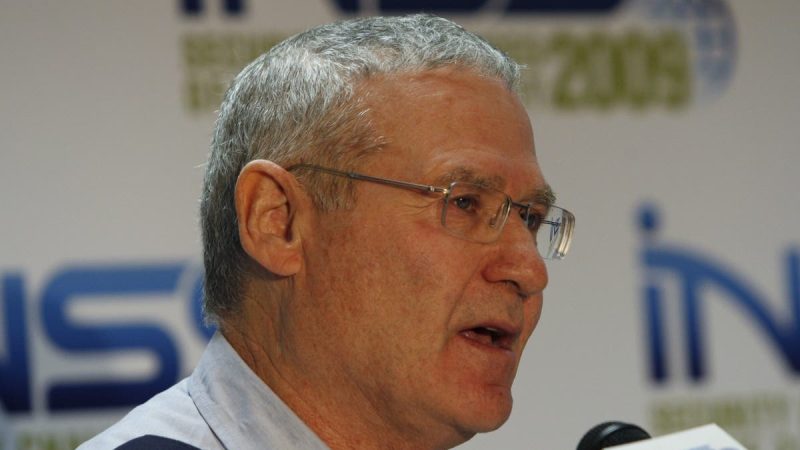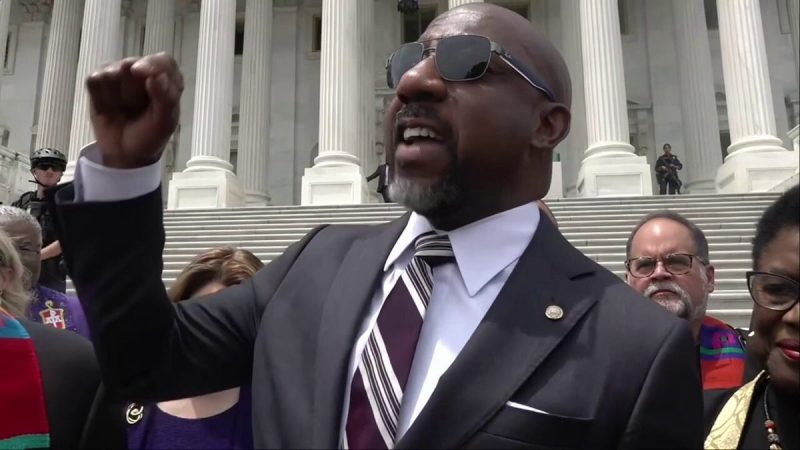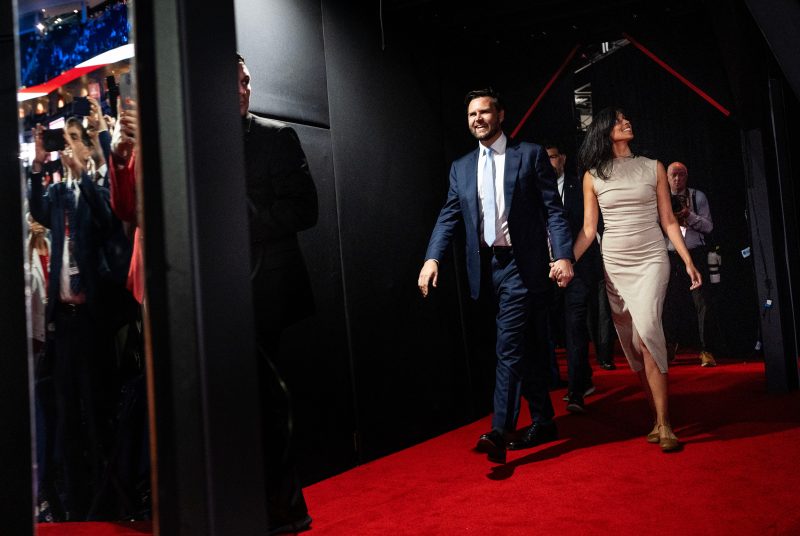As the Trump administration begins its four year mandate and war continues to rage in Ukraine, the precarious geopolitical landscape remains the primary focus for many resource sector watchers and participants.
Day one of the Vancouver Resource Investment Conference began with a panel on the global geopolitical outlook. Moderated by event host Jay Martin, the participants explored major trends poised to impact the resource sector.
Starting the 30 minute discussion, Dr. Pippa Malmgren, an economist, noted that the current geopolitical landscape is characterized by ‘hot wars in cold places’ — meaning that the major conflicts are taking place in areas like space, the Arctic and the Baltic, rather than the traditional ‘boots on the ground’ battles often associated with war.
While Malmgren sees the war in Ukraine ending, she warned of another larger-scale conflict.
“I think that we’re going to end up with a deal between the new White House and China and Russia, and what will happen is the visible war will subside, but the war for the technological frontier will accelerate — and that is where the fight is,â€� she told the audience. “It’s for quantum computing, it’s for nanotechnology, it’s for space.â€�
This technological front also extends to the deep sea, according to Malmgren. She explained that on January 6, 2022, the fastest internet cable in the world, which connects satellites to earthly networks, was cut.
Located near Svalbard, Norway the undersea cable has been “unexpectedly severed� several times.
“Luckily, we had so much redundancy built in that that event did not become visible to the public, but the militaries understood this is effectively an act of war,� said Malmgren.
Framing the narrative on conflict
For Dr. Pascal Lottaz, it’s important to frame conflict in the right way.
The associate professor at Kyoto University’s Graduate School of Law explained that while the world is experiencing different phases of cold wars, he hesitates to frame everything as a ‘war’ since it dilutes the meaning of the term. A better way to describe the current global landscape is through the lens of a ‘security competition.’
Lottaz added that competition is particularly intense among the US, Russia and China, and is playing out across various domains, including technology. The critical question is whether these rivalries will remain at a level where actions like cutting undersea cables are the worst consequences — serious, but far from catastrophic.
The danger is that tensions could escalate into open conflict. In fact, the world is in one of the most perilous periods of modern history, arguably the most dangerous since the Cuban Missile Crisis, said Lottaz.
He said these concerns keep him up at night, because some factions no longer view nuclear war as an unthinkable scenario. The doctrine of mutually assured destruction only works if all parties believe in deterrence; if one side starts to think nuclear weapons are a viable option, the entire balance is at risk.
Hard assets key amid geopolitical uncertainty
Adding to the discussion, Col. Douglas Macgregor, former senior advisor to the US secretary of defense, underscored that the world is undergoing profound shifts, while Washington remains trapped in outdated perspectives, still viewing itself as the global center — a mindset that blinds it to the resurgence of major nations like China, India and Iran.
Macgregor went on to note that the US has lost its technological monopoly, a fact that was highlighted when China’s DeepSeek disrupted the tech sector and sent shares of US rivals plummeting.
The colonel also criticized the exorbitant spending on defense in the US.
“We have a trillion-dollar defense budget. It’s unaffordable,’ he said.
‘And people are saying, well, we have a new administration. I read the headlines yesterday — the House and the Senate want to add US$200 billion to the defense budget. It’s insane. This is not sustainable.’
Amid this uncertainty, Macgregor warned that the “grossly inflated bubble� of the US economy is set to collapse in the next year. He went on to urge conference attendees to pursue hard assets.
“The only assets that are worth having in the future are hard assets,â€� he said. “Keep that in mind — if it comes out of the ground, whether you grow it or you dig it out, it’s valuable.â€�
Offering a more optimistic outlook, Lottaz, pointed out that the shifting global landscape presents both challenges and opportunities for the resource sector. BRICS nations, often framed as adversaries in western narratives, are not anti-west, but rather are forging independent economic paths. This shift is reshaping commodities markets, as emerging economies like Indonesia, Malaysia and parts of Africa seek greater control over their resources.
Lottaz added that while Africa is an abundant source of mineral resources, there are no commodity markets on the continent. This is a fact that African countries would like to see change.
“Yes, it’s going to change the game, but not necessarily to the disadvantage of us and the others,’ he said.
“But, you know, thriving together is something that’s possible, and I think it will come. The question is (whether) we want to engage with it or not?â€�
Securities Disclosure: I, Georgia Williams, hold no direct investment interest in any company mentioned in this article.

